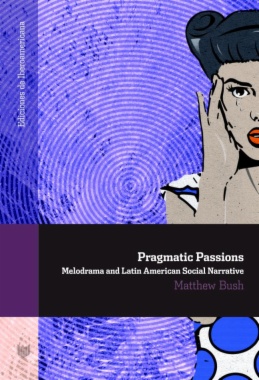Demonstrates how melodrama is deployed as a convincing means of affectively narrating socio-political messages, yet how it also unwittingly undermines the narrative structure of paradigmatic works by Rómulo Gallegos, César Vallejo, Roberto Arlt, Jorge Amado, and Carlos Fuentes.
- Cover
- Title page
- Copyright page
- Table of contents
- A Note on Translations
- Acknowledgements
- Introduction: Stirring Emotion, Assessing Progress
- Chapter 1: Doña Bárbara or the Complications of Clear-Cut Melodrama
- Chapter 2: Suffering and Retribution: The Politicized Theatrics of El tungsteno
- Chapter 3: What More Can One Man Do? Disillusionment and Conformity in El amor brujo
- Chapter 4: Romance, Intrigue, and More in Gabriela, Cravo e Canela
- Chapter 5: Episodes of Passion and Remorse: The Excesses of La muerte de Artemio Cruz
- Postscript: And then… Melodrama Beyond the Boom
- Bibliography
- Index

